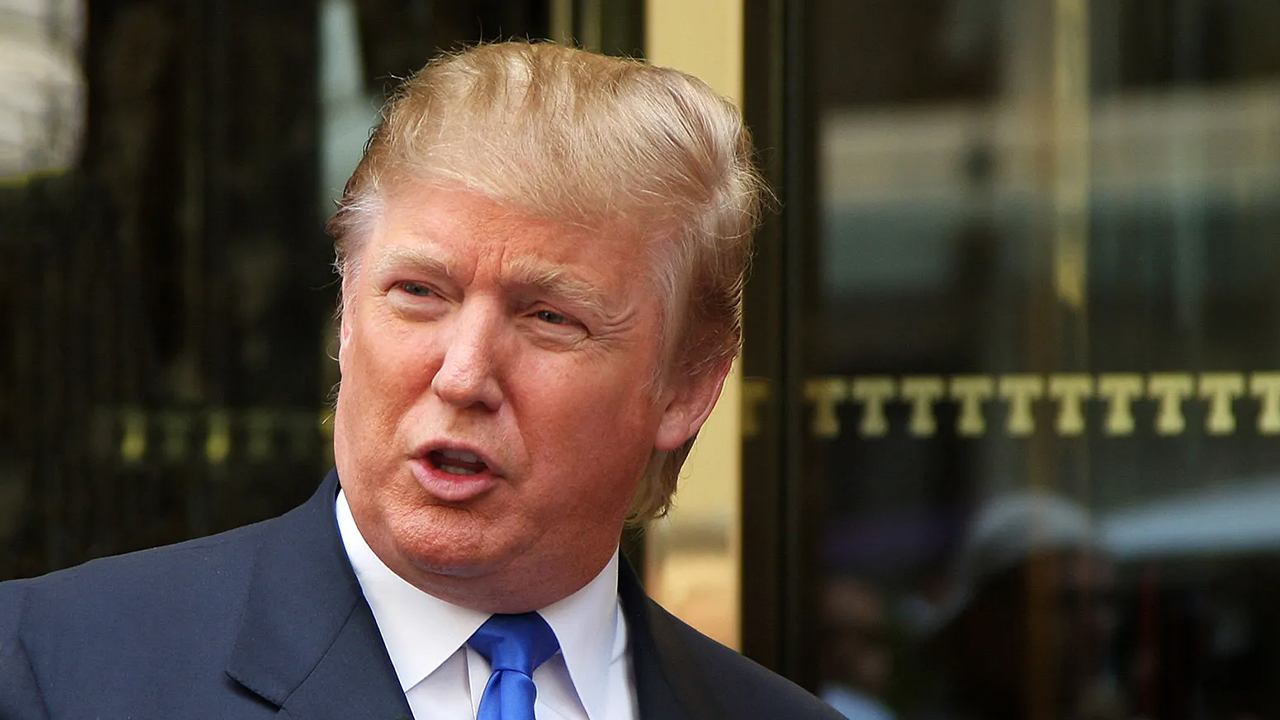Federal Reserve Vice Chair of Supervision Michael Barr raised alarms about stablecoins in a fintech conference on Friday. He emphasized the urgent need for strong federal oversight. Barr warned that non-regulated stablecoins could risk financial stability and monetary policy. This message comes as House Financial Services Committee lawmakers spar over stablecoin regulation.
Last month, the central bank introduced new rules for overseeing banks involved in stablecoin activities. Barr highlighted the importance of a robust regulatory framework. “We need to get this right before significant risks emerge,” he said. He also expressed gratitude toward Congress for their work on this pressing issue.
Barr’s concerns echo a growing sentiment in the financial world. Stablecoins, digital currencies pegged to traditional assets like the U.S. dollar, are rising in popularity. However, they exist mainly in a regulatory gray area. As these assets become more common, the stakes are getting higher. Experts agree that poorly regulated stablecoins could jeopardize financial systems.
Both sides of the aisle are grappling with how to manage these risks. In July, the House Financial Services Committee advanced a bill on stablecoin regulation. Yet, the bill drew criticism from Rep. Maxine Waters, a Democrat from California. Waters took issue with a clause allowing state regulators to greenlight stablecoins without Federal Reserve involvement.
Barr also updated the Central Bank Digital Currency (CBDC) at the same conference. He made it clear that the Federal Reserve has yet to decide to issue a CBDC. Barr stated, “Research and investigation are far removed from any decision-making about the future of our payments system.” He added that any move toward a CBDC would need the executive branch’s clear support and Congressional approval.
While the conversation around stablecoins and CBDCs is evolving, one thing is clear: Federal oversight is becoming a more urgent concern. As lawmakers and officials navigate this complex terrain, the clock is ticking. The need to balance innovation with stability is more pressing than ever.





